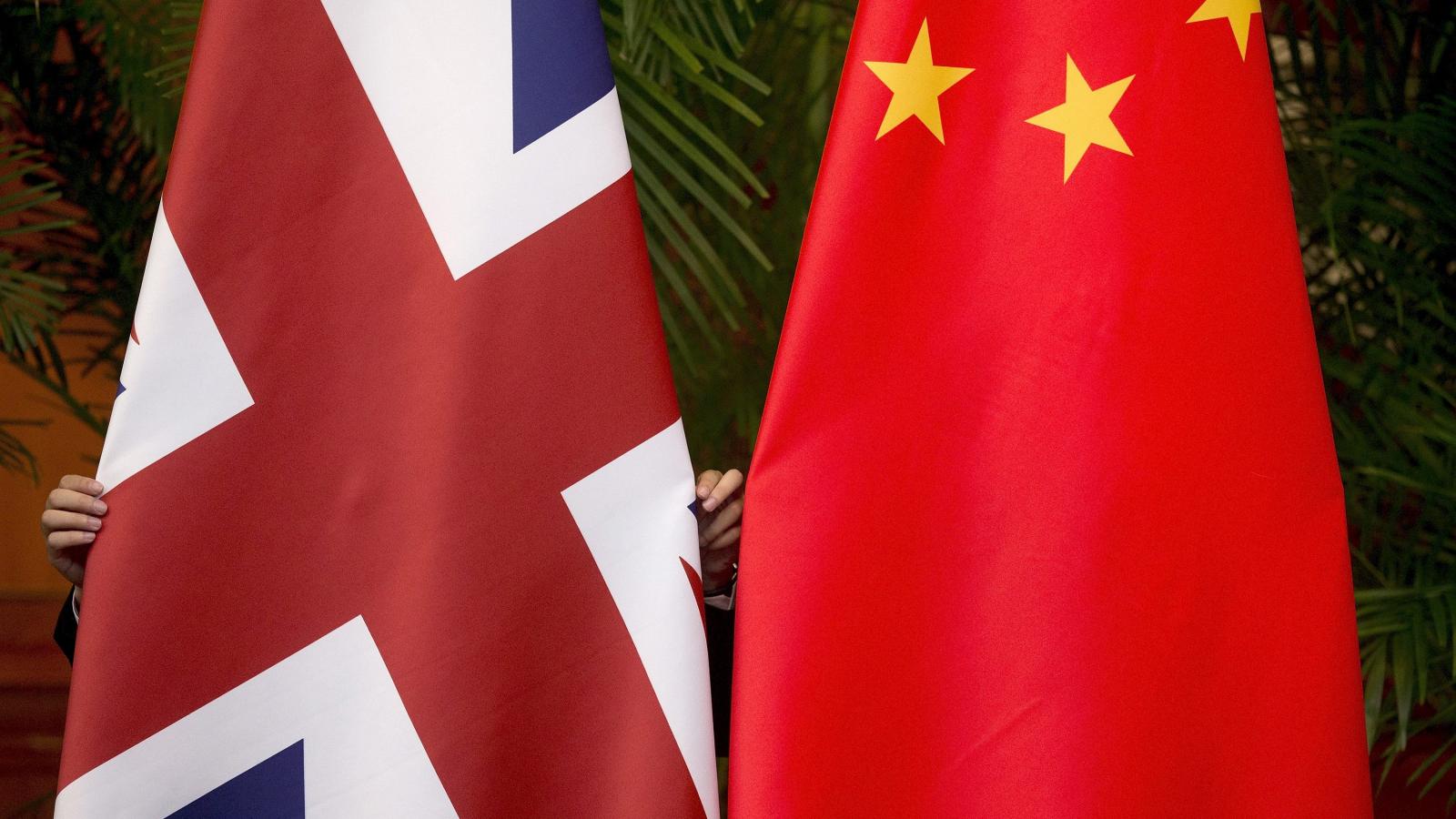ASSOCIATE EDITOR ZHI JIAO DANIELLE GOH WRITES — Just last week, Chinese Sukhoi-30 advanced fighter jets briefly entered Taiwan’s airspace. It happened as Taiwan announced that its largest annual live-fire drill would be held next month.
At the same time, news about British ministers considering plans to support Taiwan were being reported. Evidently, the UK has been backing Taiwan’s participation in Interpol as an observer, even when China criticized Taiwan’s intention.
Yet in 2015, when Chinese President Xi Jinping visited the UK, the UK media declared a “new golden era” of closer economic ties with China. In the chaos of Brexit, Britain was also seen to move closer to China to expand Chinese trade and balance the adverse impact of leaving the European Union (EU). Fast forward to the end of last year, and it appears that the UK was still willing to defy Washington on an important issue: Huawei, a Chinese tech giant, which has been accused by the U.S. of spying for the Chinese government, thus presenting a threat to national security.
What caused the UK to renege on its promise and abandon the prospect of closer ties between London and Beijing?
The impact of the coronavirus lockdown definitely played a huge role. Anger towards China is growing in the UK over the Chinese government’s initial disinformation campaign on the pandemic. The Hong Kong protest over the new security law added to increasing tension between the two countries as China vowed to strike back if UK stepped over the line.
The UK’s Johnson administration has since changed its policy, instructing officials to cut Huawei’s share of the UK’s 5G network by 2023. Additionally, it is laying out “a route to citizenship” for Hong Kong citizens with British National (Overseas) passports (BNO) if Beijing passes the new security law.
The newly negative looming relationship between the UK and China is a reaction to a range of recent events and hopefully won’t last long. The UK remained the second largest recipient of Chinese FDI by volume in 2019. Britain’s economy has been predicted to slump by 11.5% due to the effects of lockdown. Tourism and related services continue to be important sectors of the economy. Any boycott by the Chinese would further deteriorate the economic recovery in a post-Brexit world.
As former Prime Minister of Great Britain Benjamin Disraeli once famously said, “Britain has no permanent friends, no permanent enemies, only permanent interests.” The damage already done to the bilateral relationship is reversible. There is a need for better coordination in order to roll out realistic policies and find a better balance between business and finance, politics and security. Meddling in China’s affairs could lead the UK down an even more populist road, which would harm its strategy to transition out of the EU successfully.


As a Taiwanese, I think during this time of chaos and pandemic, Taiwan should stay on the down low to avoid being dragged into international affairs that would cause harm for us in the long run.